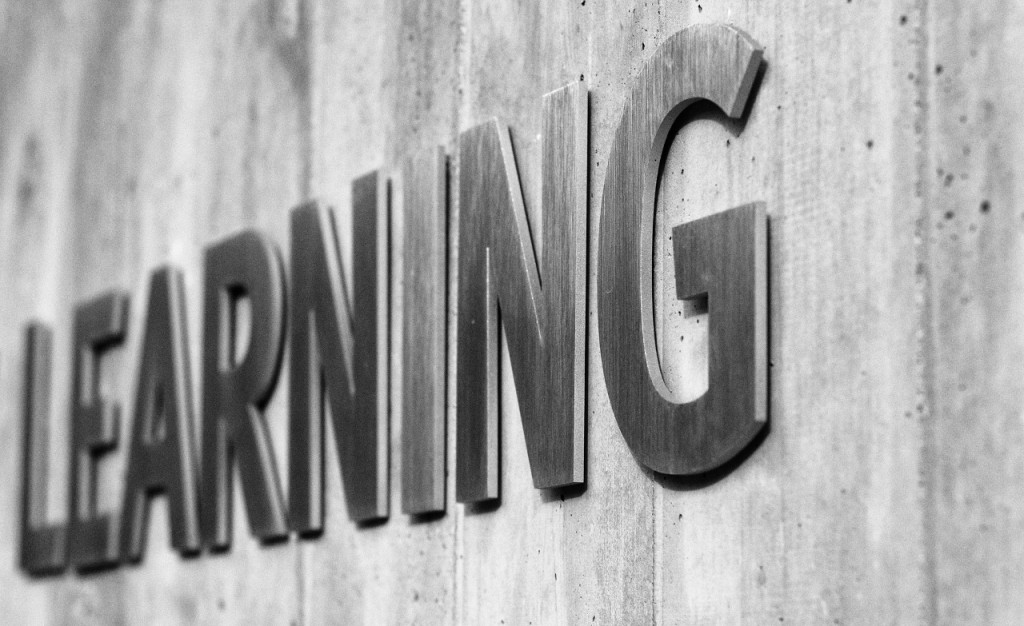The current state of the Slovak education system makes us all feel nothing but miserable. Teachers are being pushed to their limits by bitterly low wages and insufficient support, bearing witness to the state´s pervasive complacency. Parents are voicing ever-growing concerns about the plummeting quality of their children´s education evidenced by the substandard results of schools in various international comparative assessments. The consequences pile up on the shoulders of employers, who often find themselves scavenging for employees with adequate skills and relevant qualifications on the nippet labor market. Meanwhile, the political scene continues to play the part of a passive bystander, annually courting the electorate with flagrant promises of its determination to finally initiate a profound change of this segment of society, denouncing decades of lavish ignorance. Buckled together, one might conclude that a general consensus surrounds this contentious issue. Why, then, the years-long wait for hopeful signs of thorough reform that is yet to surface?
The simple answer lies with the existence of a near vacuum-like system of ideas that would specifically address the details and concrete steps of a viable reform of Slovak education while outlining its exact details. Teachers´ trade unions, political parties, businesses, NGOs, and various experts have all been diligently offering resolute critiques from a range of colorful and refined perspectives. A common thread sewing together these separate isles of criticisms is their lack of a real reform plan advocating substantiated change. To the best of our knowledge, to this day, nobody has presented acontept that would in the least at least resemble a reform.
However, as of now, the observations made above are no longer valid. Together with a team of analysts from the F.A.Hayek Foundation, we spent the past couple of years tacitly laboring on a new vision of Slovak primary and secondary education. Our efforts have been neither the result of a sudden “enlightement”, nor a thrilled interest that swiftly came out of the blue. Rather, it is a logical conclusion of more than twenty years of continuous and systematically forged dialogue conducted with the teacher community. Our Athena++ reform plan was made available to the wider public at the beginning of February 2017, aiming to spark further debate. In the upcoming months, we will be presenting our ideas to government representatives, MPs, political parties, professional associations and the media in Slovakia. With all due respect and without a trace of self-indulgency, one needs to admit that our proposal currently represents the first complex plan to reform Slovak education.
So what unprecedented novelty are we bringing to the table? One of the cornerstones of our proposition is the paradigmatic change to the system of education´s financing. Instead of shipping money on a trajectory connecting the dots of the taxpayer–the government–the Department for Education–provinces–municipalities–local schools, we envisage a scheme where every pupil or student aged between 6 and 19 would be allocated a personal education account which would then receive funds from the state in amounts corresponding with the current education budget – the sum of which would be proportionately distributed between all students and pupils at the receiving end of the equation. This mechanism alone can secure a substantive shift from today´s outdated policy of financing the school infrastructure towards a system of funding the particular needs of individual students. If such seismic change is to work in practice, decisions concerning the purchase of services and products offered by the education system must be transferred into the hands of students and their parents/ guardians.
The second fundamental principle of our plan is the opening up of primary and secondary education to subjects that had merely brushed the sidelines of the school system or to those that had not been previously involved in education at all. If we want to materially increase the quality and diversity of schooling´s allure and offer or its ability to come up with inventive products that suit the demands of specific students, we need to make the market accessible to teachers, businesses, and non-profit organizations alike, parallel to already established schools. Avoiding potential attempts to disproportionately dump quality or price in order to attract “clients” is the aim of the final constitutive principle of our vision, encompassed in a purported system of measuring the quality of knowledge acquired throughout education. The state would statutorily define a basic minimum, ergo the testing of the capacity to read, write and count while simultaneously opening up the way for other skills to be assessed by certification subjects that would objectively test students´ knowledge and issue certificates evidencing the levels of completed education similar to the well-known operation of language skills assessments accordingly.
We are well aware that our vision will not materialize in the course of tomorrow. Our driving aspiration is to start a discussion and potentially motivate those who desire to adapt our system of primary and secondary education to the modern realities of today´s world with its global mix of challenges, risks and opportunities.
Translated by Edward Szekeres



